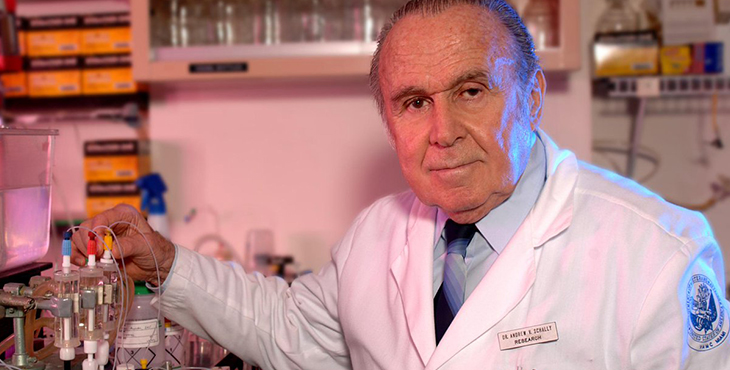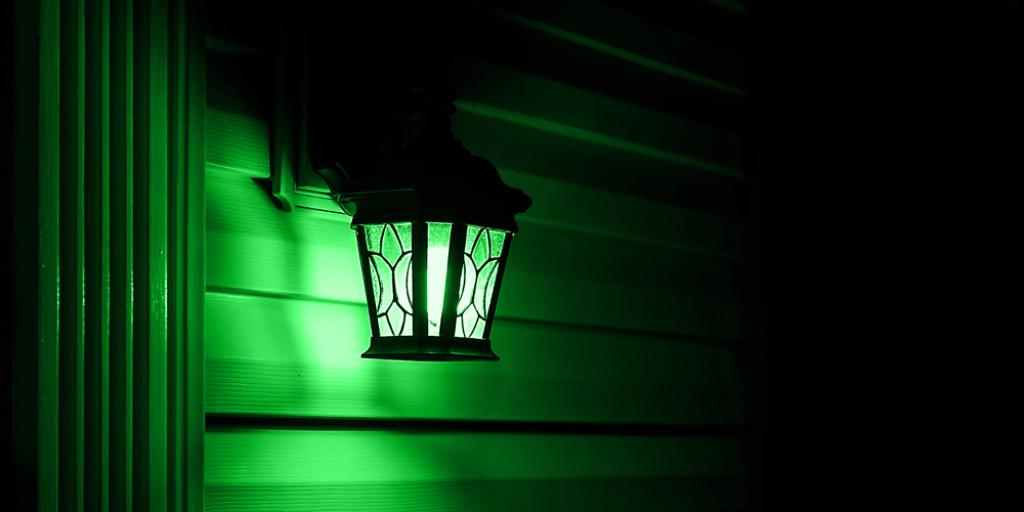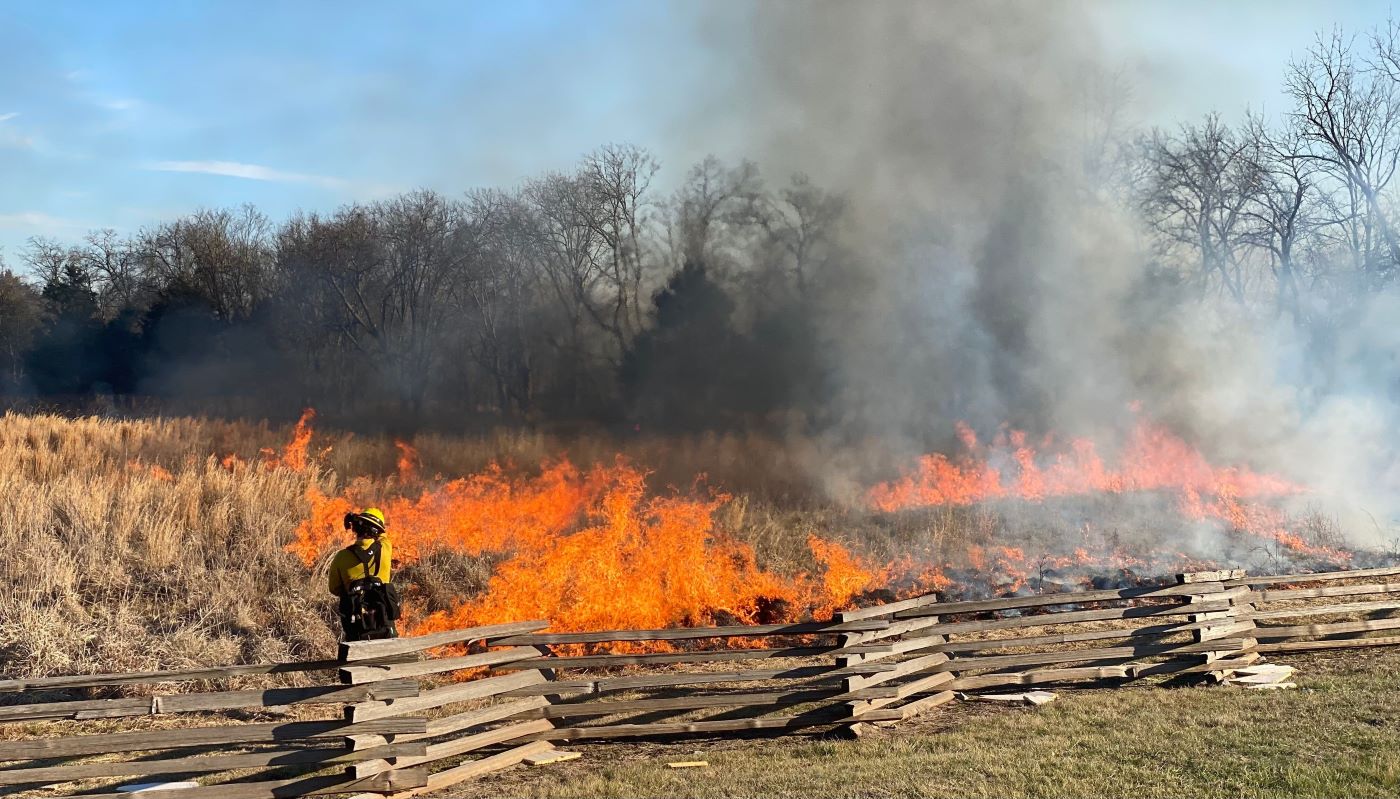Dr. Andrew V. Schally became a fulltime VA researcher in 1962 and has been going strong ever since. Today, at age 91, the scientist is still vigorously pursuing cures for cancer and other ailments affecting Veterans and others.
Schally shared the Nobel Prize in Medicine or Physiology in 1977 for identifying the structure of hormonal peptides in the brain. A treatment for aggressive prostate cancer that is based on Schally’s early discoveries was introduced in 1984 and is used widely around the world. He is also credited with helping to lay the foundations for modern endocrinology and reproductive medicine.
Schally’s busy lab moved from the New Orleans VA to the Miami VA after Hurricane Katrina in 2005. The prolific researcher holds more than 30 U.S. patents and is an author on more than 2,400 scientific papers. Most recently, he led a lab study that showed that a synthetic compound based on growth-hormone releasing hormone—a natural substance made in the brain’s hypothalamus—can stop tumors from growing. The same compound has shown the ability to regenerate tissue in the heart, pancreas, eyes, and other organs—meaning, for example, that it could possibly help grow new heart muscle cells after a heart attack.
In a recent essay published on the VA Research website, Schally gives thanks for the opportunity to be an American—he arrived to Canada and then the U.S. after surviving Nazi-occupied Europe—and to conduct his science in VA on behalf of Veterans. Below is an excerpt from his essay. Visit the VA Research website to read the full essay.
Sixty-one years have passed since I immigrated to the USA from Canada. For 56 of those years, I have had the privilege of being a U.S. citizen. I am writing these remarks feeling a profound satisfaction and gratitude that I have been part of this great nation for more than a half-century. Although my professional achievements were helpful, perhaps instrumental, in bringing me to the USA from Canada as a young postdoctoral scientist, I am profoundly grateful for the great opportunity to live and work in the USA and to be an American. Millions of Americans, particularly the new generation, do not imagine and appreciate how fortunate we are to live in this great country, but I count my blessings every day.
The dastardly attacks of Sept. 11, 2001, shocked me profoundly, but at the same time I was moved and gratified by the outburst of patriotism and awakened pride in the USA that occurred all over this country after these horrific events.
I am an avid student of American history and I worship our founding fathers, namely George Washington and especially Abraham Lincoln. Isn’t this what every good citizen should do? Coming from a military family, I particularly study the heroic achievements of the American armed forces in World War II, in Europe and the Pacific. I deeply admire those men who fought glorious battles in Normandy, Bastogne, Midway, Iwo Jima and so many other places, led by great military commanders such as Eisenhower, McArthur, Patton, Bradley, Nimitz and Halsey. As the late British Prime Minister Winston Churchill said in his speech about the Battle of Midway, “The valor and combat quality of U.S. forces will live forever among the greatest feats in military history.” The inspiration for these great men could be found in the timeless motto of the U.S. Military Academy: “Duty, honor, country.”
The biggest regret in my life is that I did not have the privilege to serve in the U.S. armed forces. I wish to apologize for it and explain it by the fact that I spent part of World War II as a teenager in Nazi-occupied Europe. Subsequently, I traveled through liberated Italy and France to England and Scotland, where I continued my education. After valuable training in medical research in England, I moved on to Canada, where I received additional schooling and training in endocrinology and higher academic degrees. When I was invited to Houston in 1957 to continue working on the discovery of brain hormones, which I originally made at McGill University in Montreal while I was still a student, I immigrated to the USA. Upon my arrival to Houston, I duly registered with the Selective Service System. After I moved to New Orleans in 1962 and became a professor at Tulane University, I informed the local board of the Selective Service System, which “categorized me in its book of occupational abilities.” Thus, I duly complied with the rules for military service, although I was never called to serve.
Even after all these years, it is difficult to erase this from my mind, and my frustrations about not serving in the military have not disappeared. Does 60 years of hard work compensate for it?
These feelings are somewhat assuaged by the wonderful opportunity I have had to serve Veterans. In 1960 I was recruited by VA, then the Veterans Administration, as a consultant in neuroendocrinology and gastroenterology at the Houston VA hospital. Two years later, after becoming a U.S. citizen, I joined VA full time as a medical investigator, at the invitation of VA Central Office, and I was transferred to the VA hospital in New Orleans. With the sagacious support of my VA superiors in Washington, I was able to make major advances in research on the regulation of the endocrine system by the hormonal peptides in the brain and identify their structures. …
…I am deeply grateful to the Department of Veterans Affairs for allowing me to serve U.S. Veterans—and, in fact, indirectly the whole nation—by developing new therapies for diseases, such as cancer, that are major national health problems. … I found great satisfaction in the medical research system of the VA, serving U.S. Veterans through my work on new medications for treatment of various diseases.
And now as a good U.S. citizen, I end my reflections with the words of the famous national tune, “God Bless America.”
Topics in this story
More Stories
From Nov. 4 to 11, buildings and homes across the country will light up green to recognize the sacrifice and strength of our Veterans as they transition from military to civilian life.
Now more than ever, it is important to understand how to identify tax scams, how to protect yourself, get help and report.
Southeast Conservation Corps has an opportunity for post-9/11 Veterans to join the Veterans Fire Corps Conservation Crew.







Dr. Schally, as a Vietnam combat Veteran, I would like to thank you for your many years of service to our Country. There is certainly no need to apologize for not personally being in the military. The benefits you have rendered are incalculable. As a Marine, I can only offer you our highest accolade. Semper Fidelis!